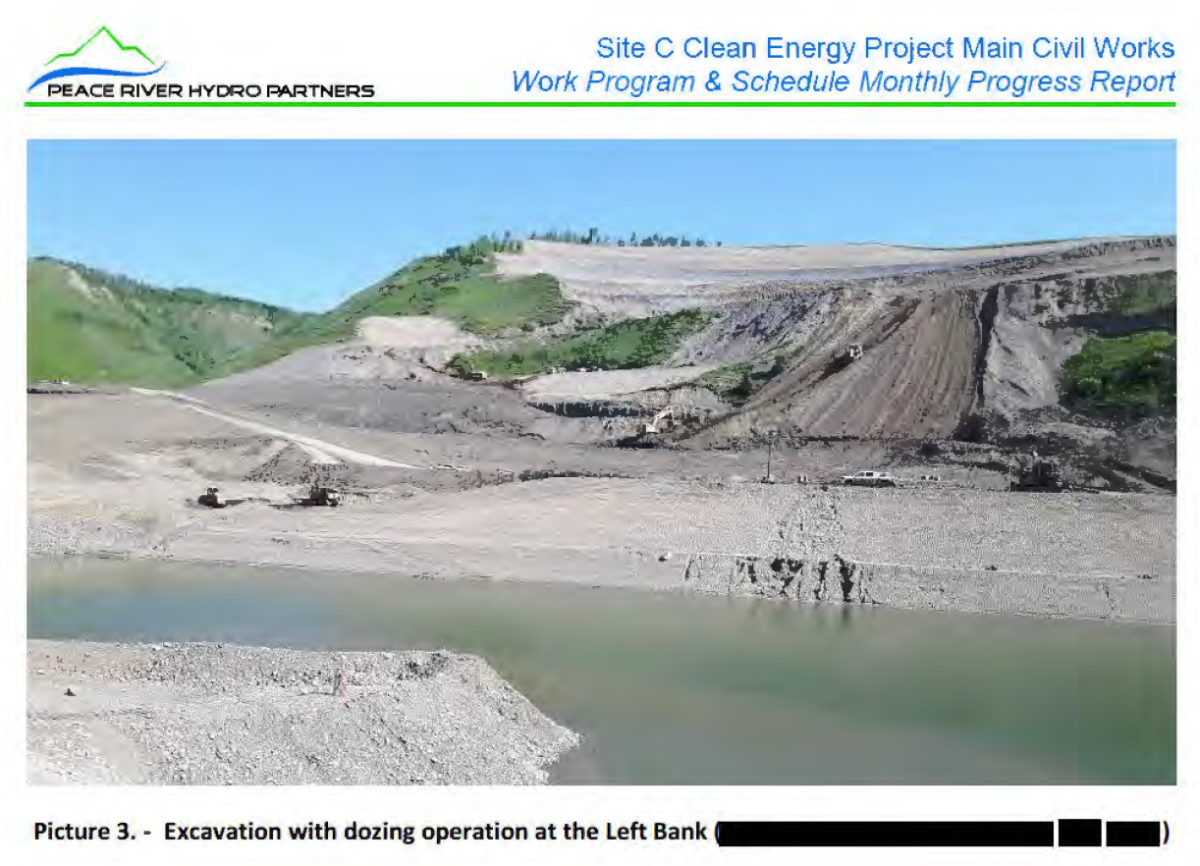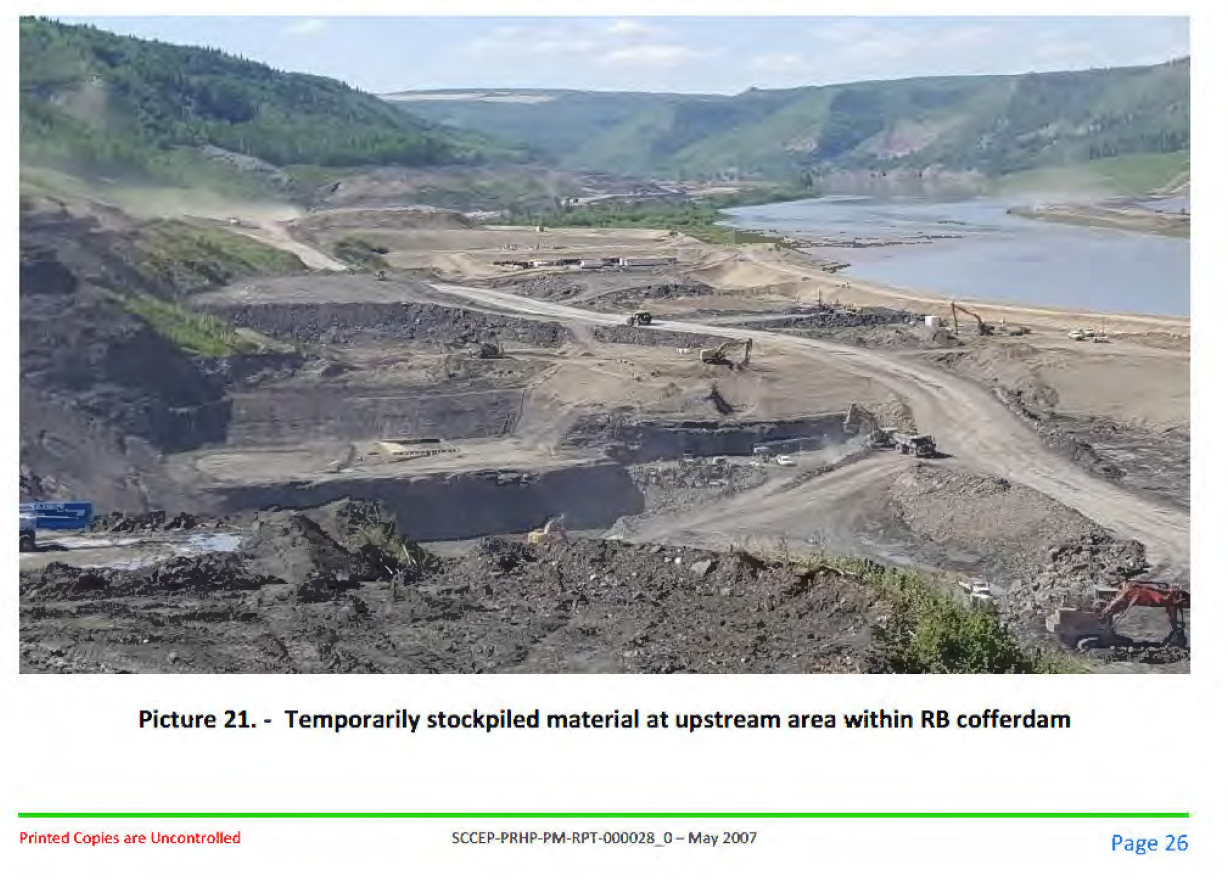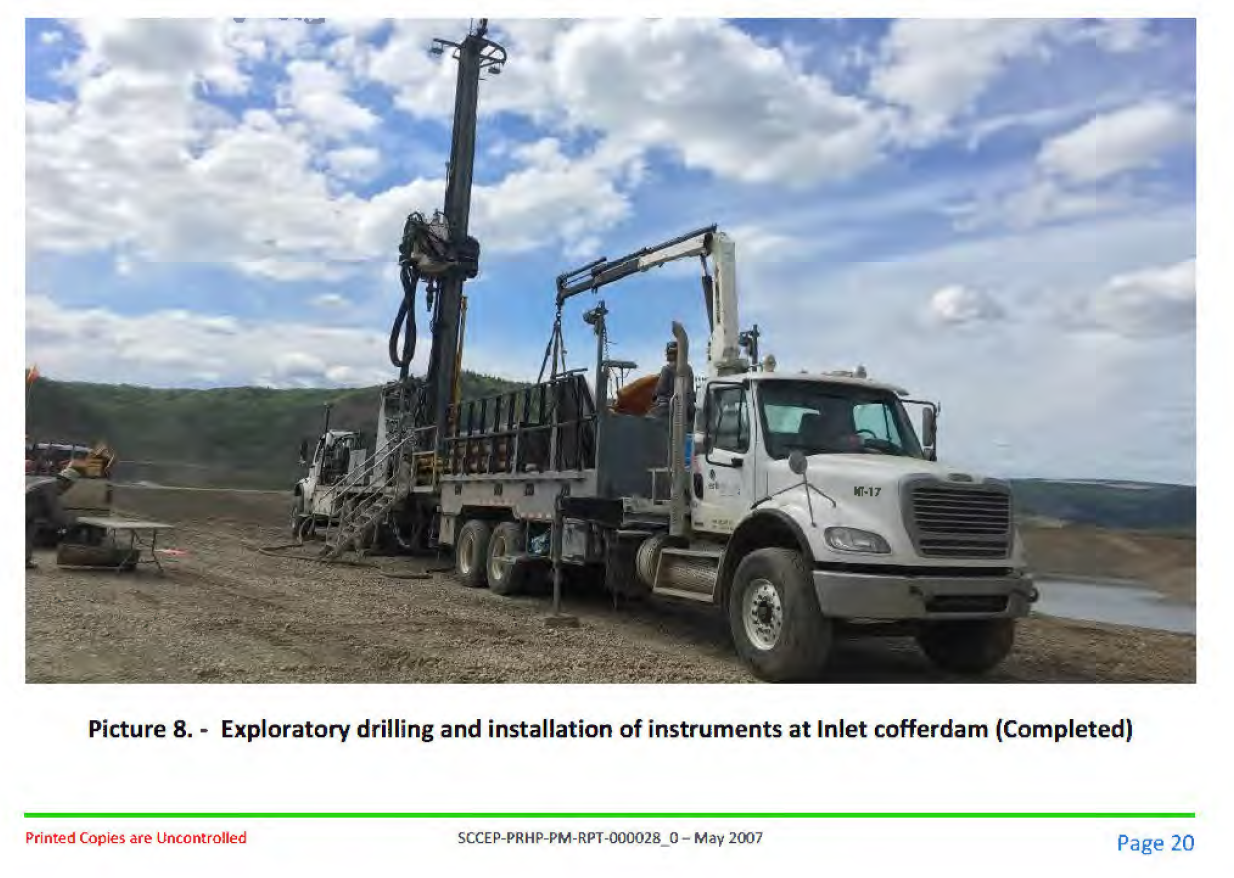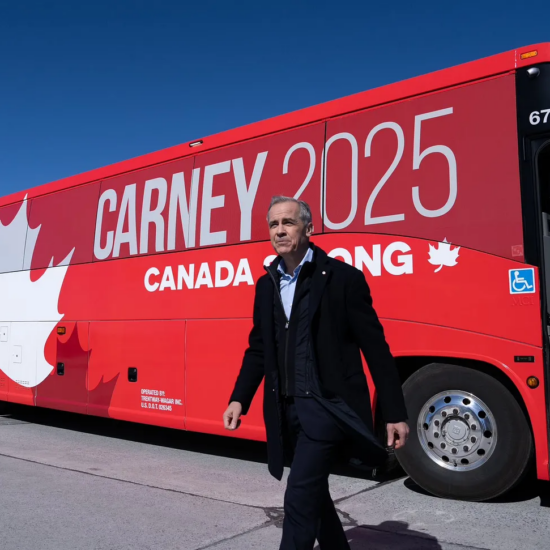
Bob Mackin
BC Hydro is proud of the number of heavy duty trucks at the Site C dam construction site, but embarrassed about the cost overruns.
That much is obvious from reading a heavily-censored report by the main civil works contractor that BC Hydro sat-on for four months.
The contract value, changes and incremental values of change orders were fully censored from the Peace River Hydro Partners’ May progress report, which was finally released under freedom of information to theBreaker on Oct. 6 and published below.

(BC Hydro FOI)
“Throughout this reporting month of May 2017, PRHP and BC Hydro continue to work together to progress the design and construction of Site C. PRHP continued with excavation and other works in preparation for critical 2017 scope,” said the report, prepared by Moises Barbosa of Spanish construction giant Acciona. “This includes the Left Bank Inlet Portal excavation and the Right Bank RCC (roller compacted concrete) Powerhouse placement.”
Acciona is a partner with South Korea’s Samsung in PRHP. In August, the third partner, Calgary-based Petrowest, went into receivership. The report said that a joint-partner audit happened May 23-26, but there had been no major government inspections on-site between April 25 and May 31.
Forty-two change directives had been issued to PHRP through May 31. Work had been completed on 31 of them. There were 23 change orders issued, seven of which were in May. Nine were sent to BC Hydro during May. Ninety-three claims for change had been provided to BC Hydro.
Safety statistics show that the project tallied 39 near misses, 169 first aid and 12 medical aid incidents, but no fatalities. There had been 339 incident investigations, 15 property damage incidents, 187 motor vehicle incidents and 10 fires reported. WorkSafeBC issued inspection reports on dust control, silica exposure, respiratory protection and work refusal. Most of the environmental incident reports were about fuel leaks and spills.
In May, PRHP counted 1,334 people in the workforce (including 108 aboriginal). What their job titles were was censored.
As for those trucks, BC Hydro was proud to report 20 dozers, 14 loaders, 91 trucks, 13 rollers, five graders, two roadheaders, and 47 other equipment. Nearly 18 million litres of diesel had been used to date.
The release of the PRHP May 2017 report comes almost a year since theBreaker began asking for such reports, which are submitted monthly by contractors to owners of major projects.
An Oct. 25, 2016-filed FOI request to BC Hydro sought a copy of the “most recent” project status report on Site C. But, when it finally

(BC Hydro FOI)
responded last June — nearly a month after the May 9 provincial election — BC Hydro claimed that “the most recent project status report from PRHP has not been finalized.” It withheld the entire draft document based on unsubstantiated claims that the report contained advice or recommendations, and fear of financial harm to the Crown corporation and third parties.
theBreaker discovered subsequently that the request sparked months of off-and-on deliberation, involving the Crown corporation’s CEO Jessica McDonald and COO Chris O’Riley. By the end of March, O’Riley had approved a response after discussion with McDonald, the BC Liberal hire who was eventually fired when the NDP took over in July. But the documents received by theBreaker don’t show who decided to delay the release of the denial letter until after the election.
BC Hydro’s secrecy blanket is becoming frayed with time. A September report by Deloitte for the B.C. Utilites Commission Site C inquiry found that PRHP filed a $327 million claim and notice of 435-day construction delay on Aug. 24.
O’Riley finally admitted in an Oct. 4 letter to the BCUC that PRHP wouldn’t meet the 2019 river diversion deadline, pushing the mega-project cost up $610 million to almost $9 billion.
Deloitte estimated the cost to pause the dam until 2025 would be $1.4 billion, which is more expensive than the $1.2 billion estimate for cancelling it.
Public hearings continue. BCUC’s final report on the fate of the mega-project to the NDP cabinet is expected Nov. 1.
2018-022_Final Response (Sent 06 Oct 2017) by BobMackin on Scribd











